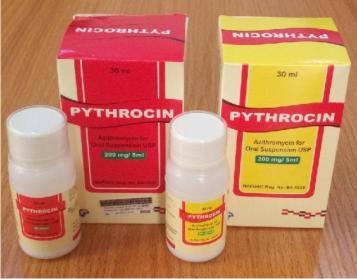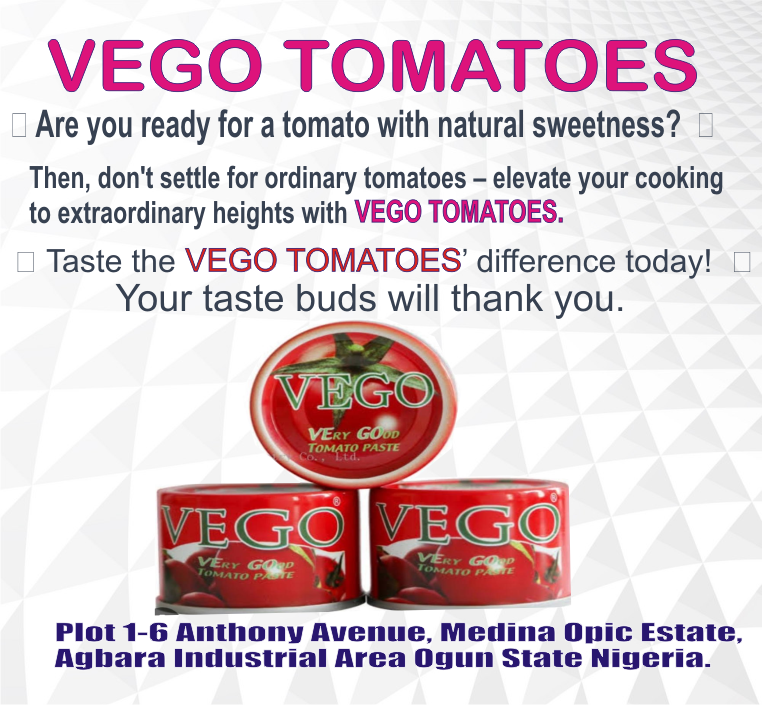

BY GODWIN OBI
Some oil marketers are beginning to change the logo of the Nigerian National Petroleum Company Limited on their filling stations, as the dealers dump the franchise deals with NNPCL due to the stiff competition in the prices of refined products in the downstream arm of the oil sector.
It was gathered that many others are considering the move, particularly those in Lagos, following the recent crash in the prices of refined products by the $20bn Lekki-based Dangote Petroleum Refinery.
Already some dealers that used to have the NNPCL logo on their filling stations located around Wawa on the Lagos-Ibadan expressway, as well as at Ibafo, still along the busy road, have dropped the name of the national oil firm.
Independent marketers are seeking to achieve adequate product off-take at a cheaper rate, as the deregulation of the downstream oil sector has led to intense competition.
Many filling stations formerly affiliated with the national oil company are now being renamed and rebranded under the ownership of private oil marketers, particularly in Lagos and surrounding states.
It was also learned that more marketers may relinquish their licences with NNPCL due to the reduced loading costs of Premium Motor Spirit (petrol) refined by the Dangote refinery, which is currently lower than the landing cost of imported petrol.
Frontline reports that a petrol price war was reignited in the sector recently after the Dangote Petroleum Refinery slashed its loading costs to N890 from N950 per litre.
Dealers explained that the rebranding of filling stations is a tactic by the marketers to pick up cheaper products from the Dangote refinery, and other import sources at a cheaper rate.
This assertion was confirmed by the National Publicity Secretary of the Independent Petroleum Marketers Association of Nigeria, Chinedu Ukadike, during an exclusive interview on Tuesday.
A franchise licence in the oil sector refers to an official authorisation granted to an individual or company to operate a business or distribute products under an established brand or system within the oil industry.
This typically involves a contractual agreement that allows the franchisee to utilise the franchisor’s brand, resources, and operational model in exchange for fees or a percentage of revenue.
Ukadike explained that marketers have adopted this new approach because the NNPCL is no longer the exclusive importer and distributor of refined petroleum products.
He said, “Yes, that observation is correct. Some marketers are changing and rebranding. Remember that there was a time NNPCL was the sole distributor and importer of petrol. So, marketers then gave their filling stations as franchises so that they could get products.
“So marketers normally give their companies to NNPCL to be able to have petroleum products. But now that the game has changed, you can even see some marketers now changing to MRS filling stations. Because MRS is now selling cheaper than any other station.
“People want where they want to get turnover and return on investment. If you are carrying Total on as a brand name and Total is not giving you petrol products, what is the sense of carrying the name? You have to remove it and get a better alternative. Most of those filling stations (that are changing name), NNPC don’t own them. NNPC only collected them on the franchise.”
Attempts to contact the NNPCL spokesperson, Femi Soneye, for an explanation of why marketers are switching from the company’s brand, proved unsuccessful, as he did not reply to messages sent to his phone.
An oil and gas expert, Olatide Jeremiah, who confirmed the arrangement said marketers used the franchise licence as a method to secure cheaper products from NNPCL which was still importing at the time.
He confirmed that the avenue that provided more revenue was disrupted by the emergence of the Dangote refinery and the inability of the national oil firm to secure an agreement to fix petrol prices with the Lekki-based plant.
Jeremiah, who is the Chief Executive Officer of petroleumprice.ng noted, “Yes, it’s true. It all happened after the subsidy was removed but before the emergence of the Dangote refinery.”
He further narrated, “After the removal and petrol price went up, NNPCL was asked to manage the price and should not be allowed to keep skyrocketing. So NNPCL and the majors were pegging the price at N500 but the landing cost was above the amount. This affected importers and independent marketers who imported fuel. For instance, Petrocam imported and claimed that its landing cost was N700 but the majors and NNPCL were selling at N500 per litre. That is a difference of N200 and was a huge loss.
“So actually NNPCL was subsidising internally and when independent marketers noticed this and were losing sales, they began applying for NNPCL franchise lincence. The marketers paid millions to get the franchise licence because they were loading from NNPCL depot at a cheaper rate.
“NNPCL was the one dictating price for all the majors at that time because of public outcry and they used to buy, till Dangote came in. They also wanted to do the same thing with Dangote to fix the price but the arrangement didn’t work because Dangote wanted to sell to everyone. Its price was better and independent marketers could buy directly.
“The franchise licence was also an avenue to make more profit because some marketers got licence for one of their stations but would transport products to other stations and sell at a higher price to Nigerians. The slot of getting fuel tankers at that time was twice in a month.”
The Chairman of PETROAN in Lagos State, Akinola Ogunyolemi, said most of the outlets are not originally owned by the NNPC.
He said the removal of the NNPCL symbol might mean the end of an agreement or a breach of it by either party.

“These are individual outlets. What they do is that, if an NNPCL contract expires and they are not ready to move forward with them or if they get a juicy offer, they will remove the NNPCL logo. They will rebrand again and put other people’s names. That could be the reason.
“Most of the outlets are not NNPCL-owned. You can have your filling station built and put NNPCL there, with your contract to them. Maybe they could not meet up with your agreement with them, (because they too also have some breach of contract sometimes), you might decide to go and give the station to Mobil or Total. It is yours,” Ogunyolemi said.
Experts also noted that more licenses may still be revoked because the price of imported petrol now costs more than products obtained from the Dangote refinery.
According to the latest data released by the Major Energies Marketers Association, the on-spot cost of landing PMS has reached N910.14 per litre at the ASPM and N910.52 at the NPSC depot.
The document also stated the 30-day average cost of petrol surged to N939.03 per litre.
Meanwhile, fresh details emerged regarding the behind-the-scenes developments that contributed to the reduction in the ex-gantry loading cost of Premium Motor Spirit, commonly known as petrol, sourced from the Dangote Petroleum Refinery and a possible reduced retail cost for Nigerians.
The refinery in a statement signed by Group Chief Branding and Communications Officer, Anthony Chiejina, said the strategic adjustment is a direct response to the positive outlook within the global energy and gas markets, as well as the recent reduction in international crude oil prices.
“Dangote Petroleum Refinery has reduced the ex-depot (gantry) price of Premium Motor Spirit, commonly known as petrol, from N950 to N890, effective from Saturday, 1st February 2025.
“This strategic adjustment is a direct response to the positive outlook within the global energy and gas markets, as well as the recent reduction in international crude oil prices,” the statement read.
It noted that the price revision reflects the ongoing fluctuations in global crude oil markets, as highlighted in the refinery’s statement on 19th January, when a modest increase was implemented due to the previously rising international crude oil prices.
ADVERTISEMENTS:








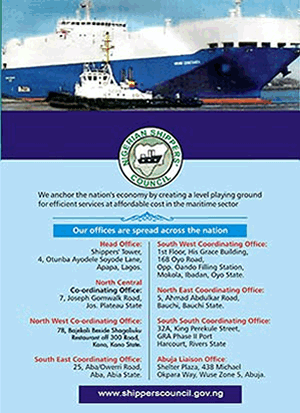
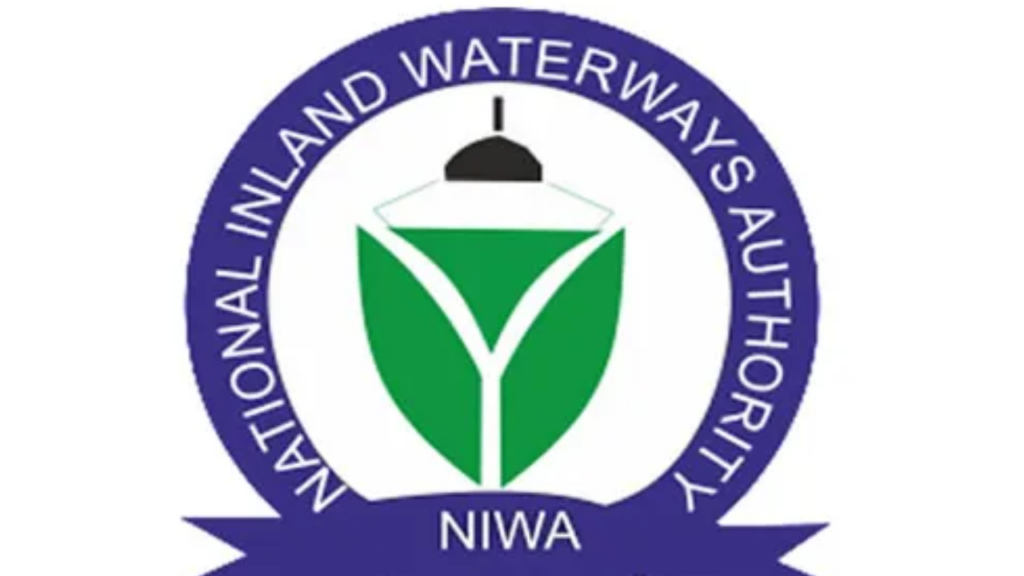
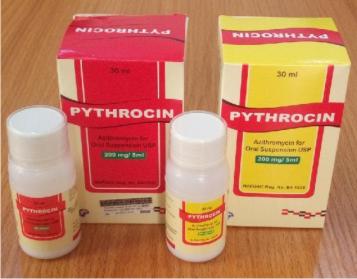

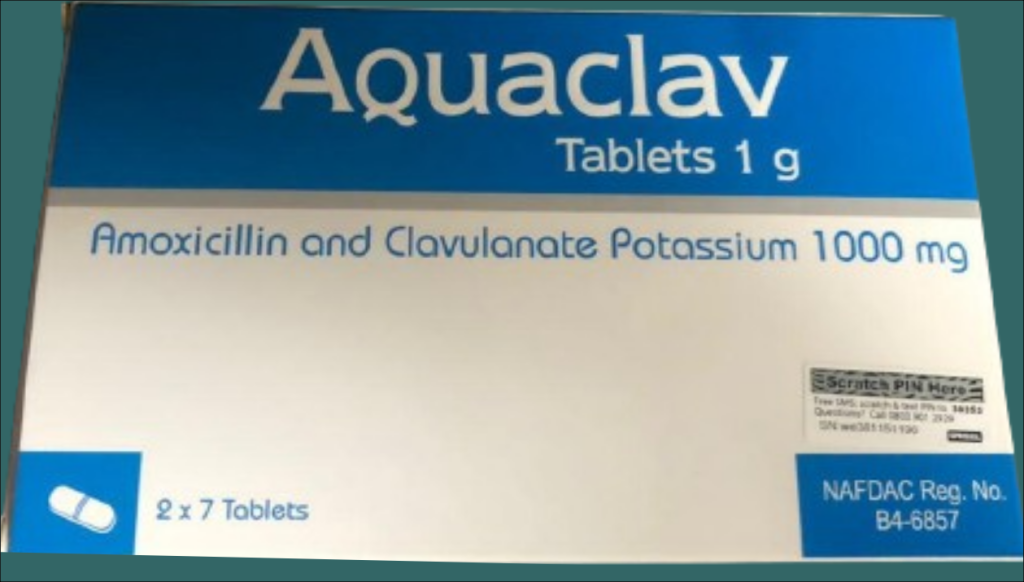


Pythrocin distributed by Pinnacle Health Pharmaceuticals Ltd


2025-02-04



